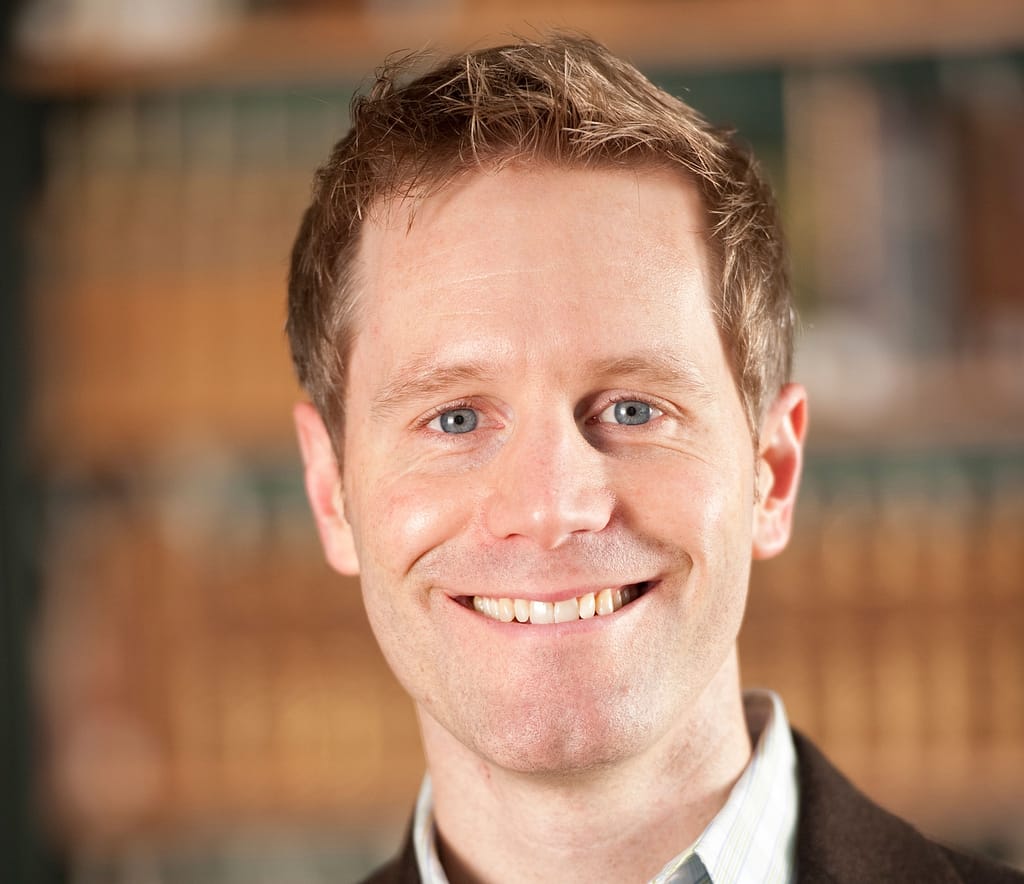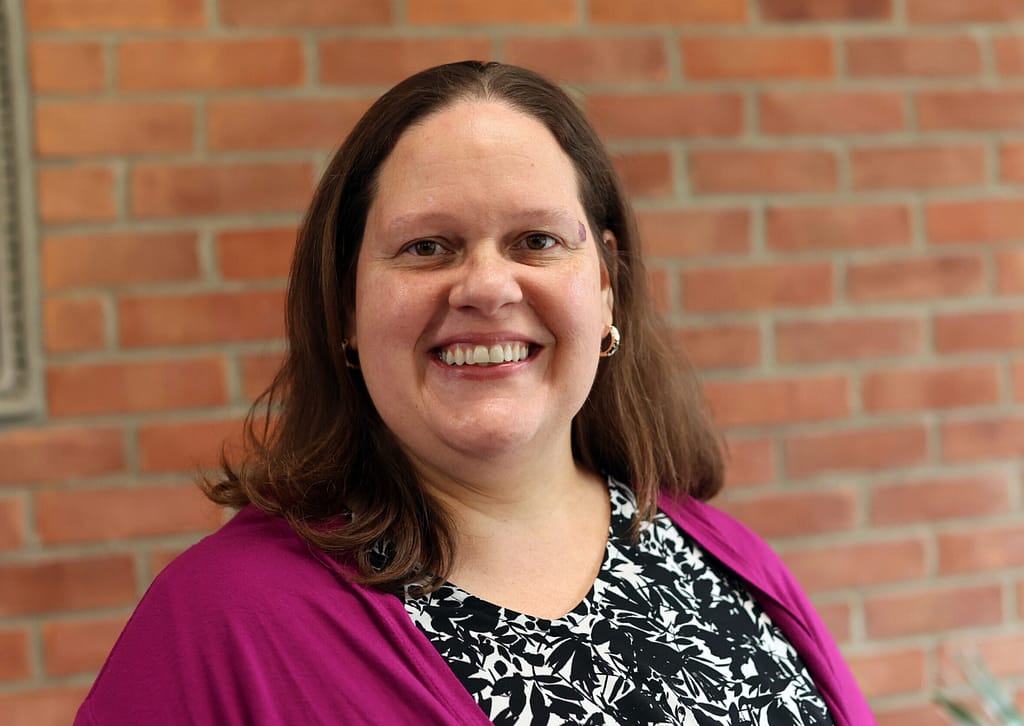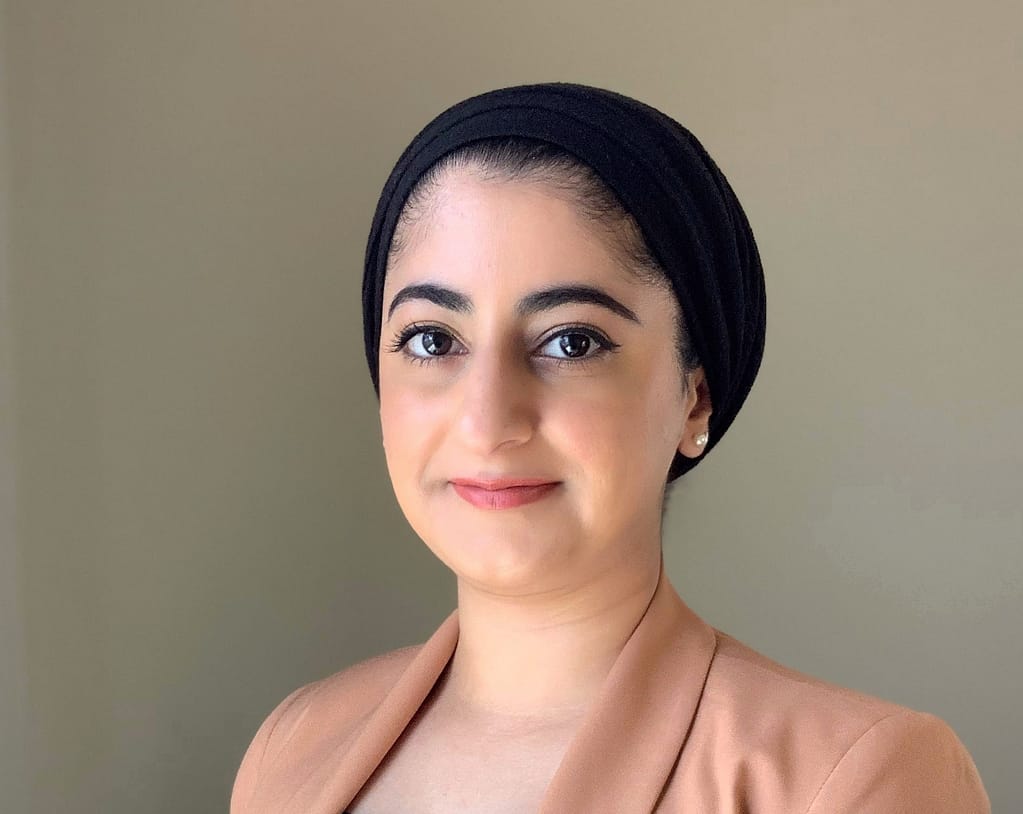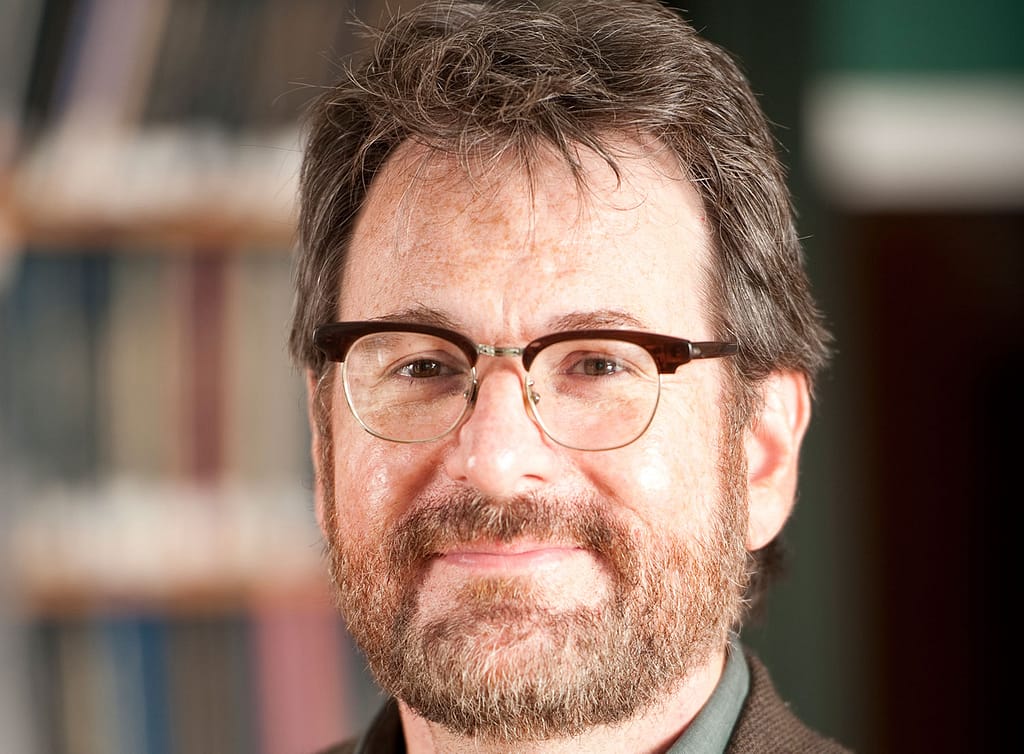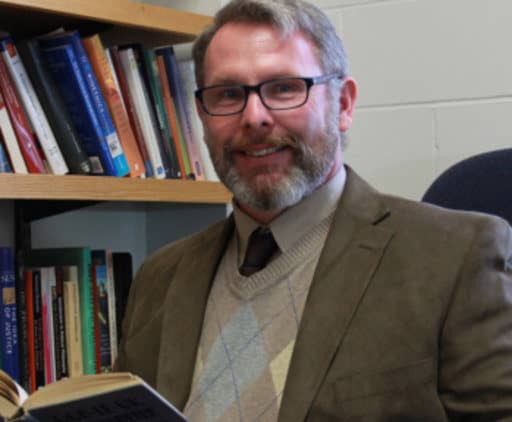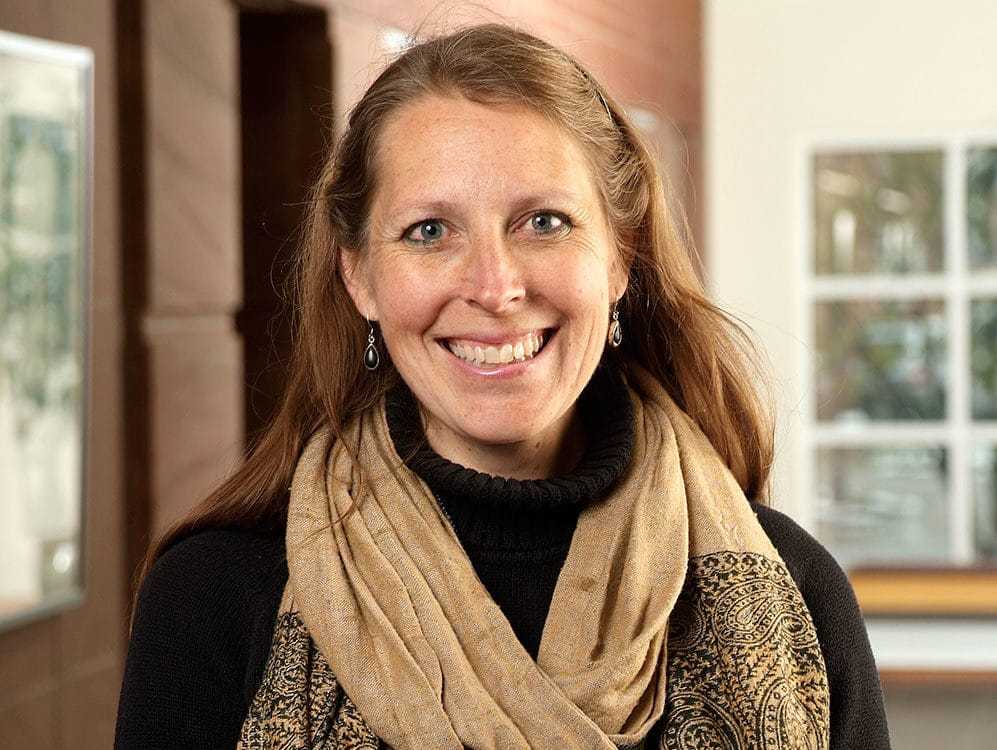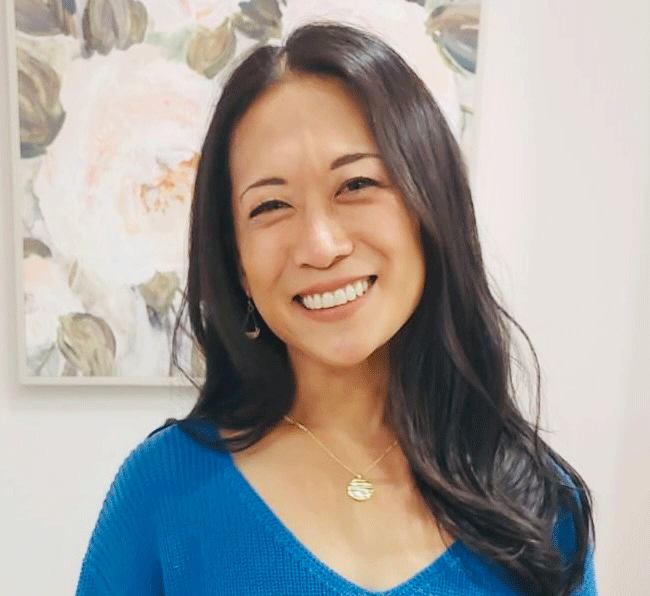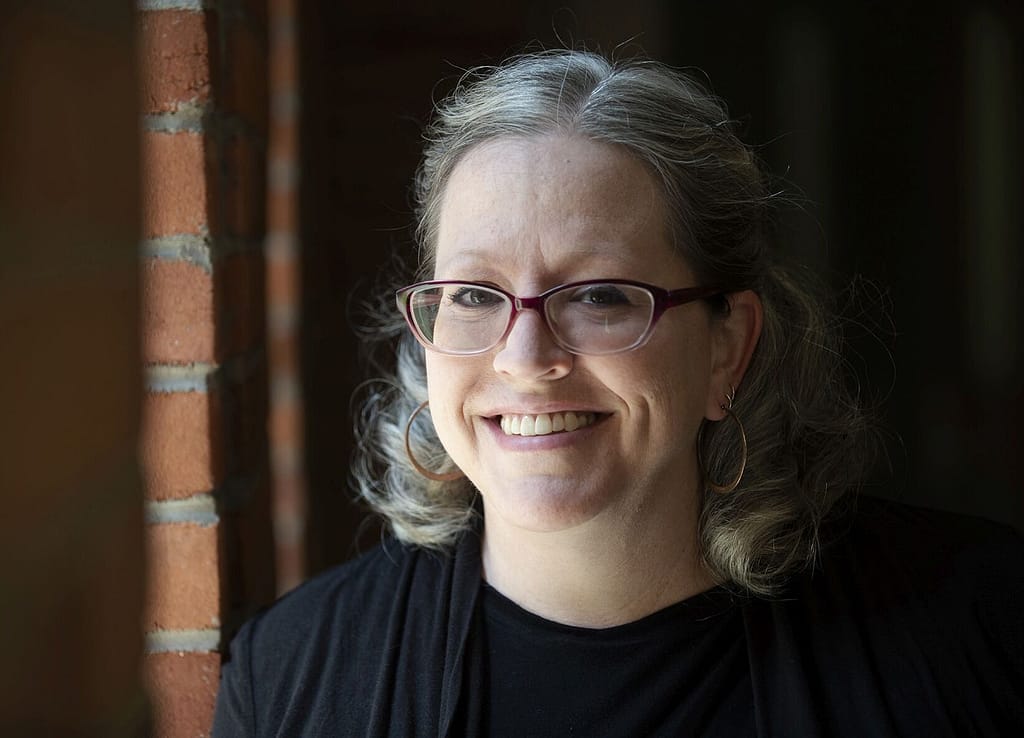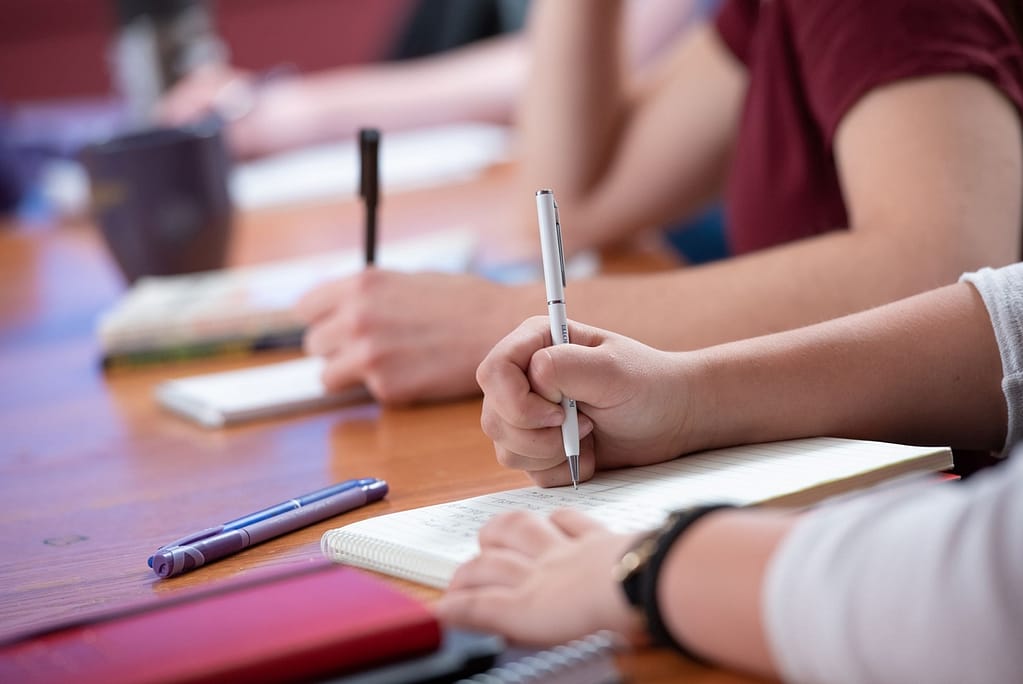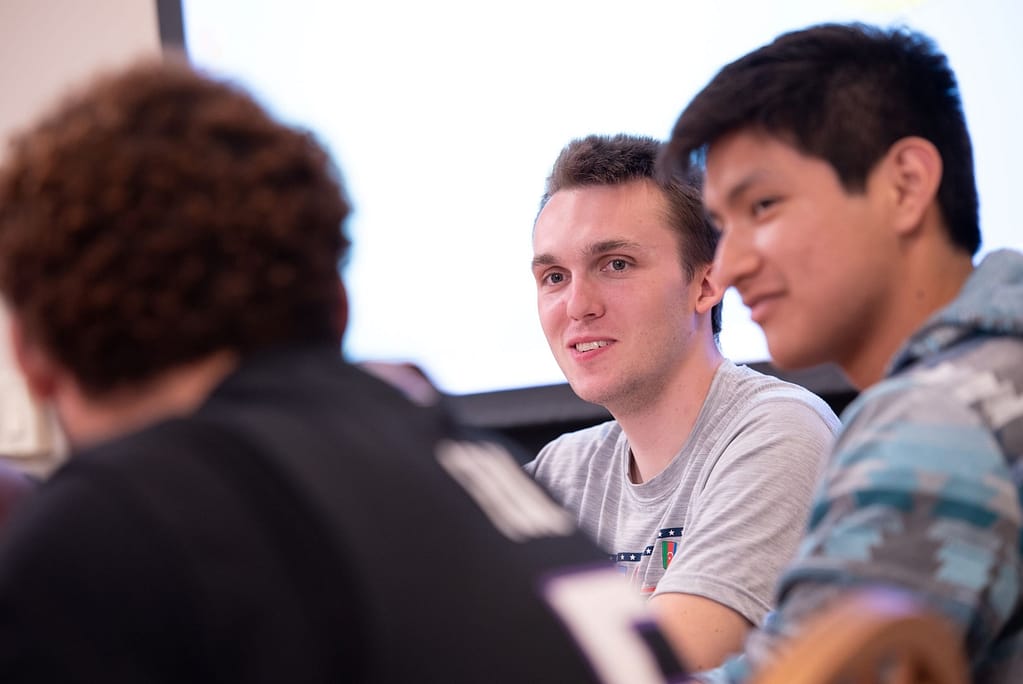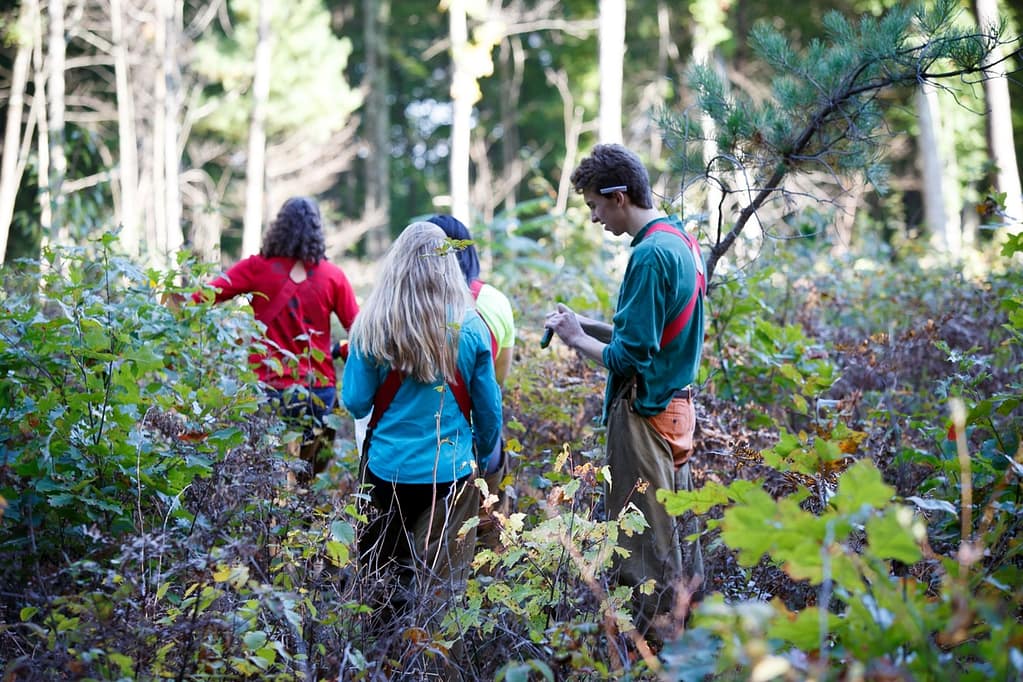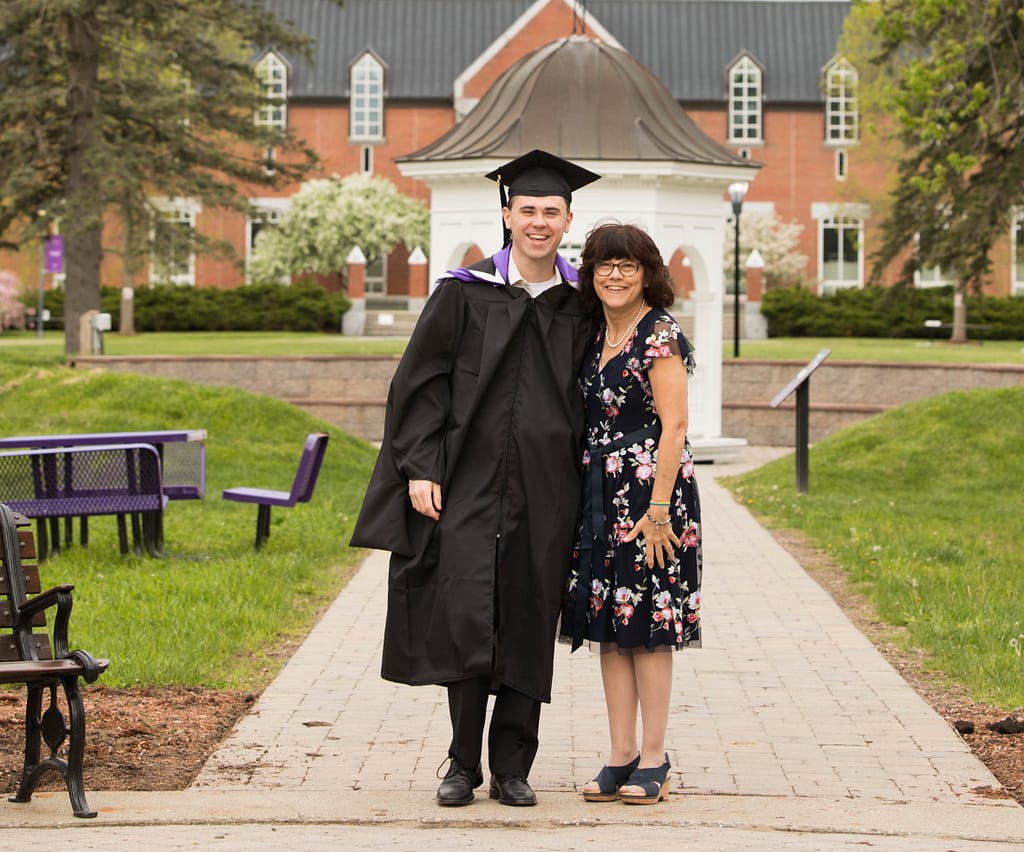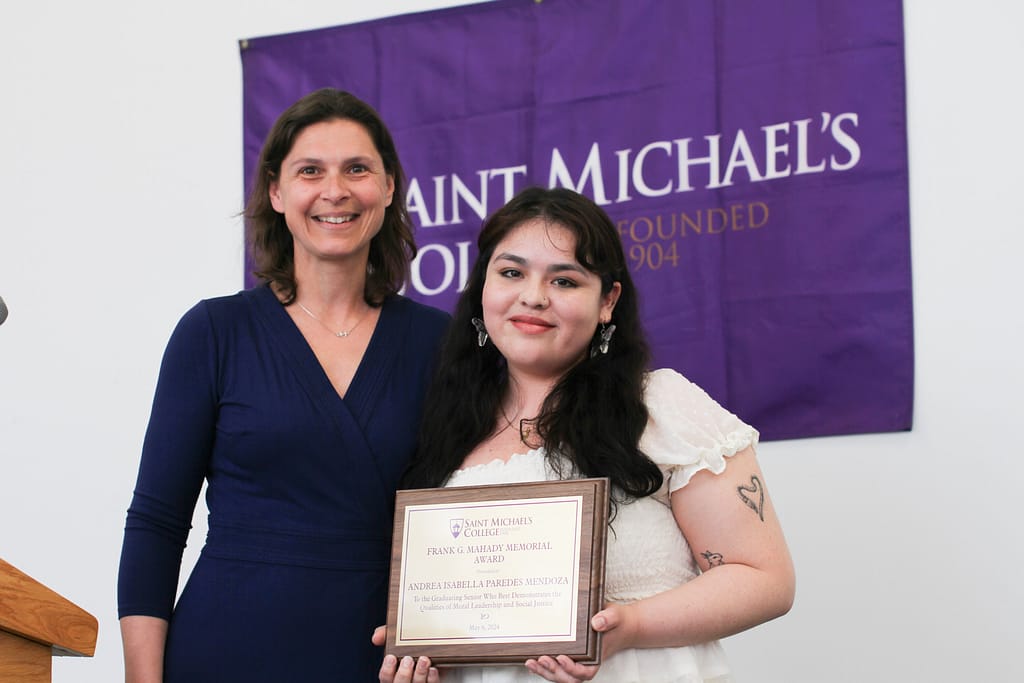About
“I am cognizant of the interrelatedness of all communities and states. […] Injustice anywhere is a threat to justice everywhere. We are caught in an inescapable network of mutuality, tied in a single garment of destiny. Whatever affects one directly, affects all indirectly.”
– Rev. Dr. Martin Luther King, Jr. (“Letter from a Birmingham Jail,” April 16, 1963)
The Equity Studies major is grounded in a vision of collective liberation. We are all connected through what Dr. Martin Luther King, Jr. described as an “inescapable network of mutuality,” and dismantling the mechanisms of inequality and oppression requires both internal critical self-examination and recognition of and opposition to external systems and structures that perpetuate injustice.
The local, national, and global challenges of inequality that our communities and the broader world perpetuate are complex and multifaceted, and they are compounded by intersectionality (that is, by having multiple identities which are not part of the dominant culture). The Equity Studies major is, therefore, designed to be interdisciplinary and intersectional.
“Until we are all free, we are none of us free.”
– Author and activist Emma Lazurus (“An Epistle to the Hebrews,” 1883)
Brief Overview
The foundational coursework of the equity studies major focuses on:
- Understanding and transforming the systems and structures of our world that create inequity, oppression, and privilege;
- Helping individuals practice critical self-reflection in order to understand and transform their positions, roles, and assumptions within these systems.
Inequalities based on race and on disability are the focal points for the possible tracks within the major because they have historically been particularly intransigent and hard to combat.
The Equity Studies Major can easily be paired with a second major to add a rigorous exploration of equity that will be attractive to future employers. It will offer students the opportunity to engage in both rigorous theoretical inquiry and practical application through experiential learning, community-engaged learning, and internship opportunities.
Learning Outcomes
Graduates of the Equity Studies Major will:
- Be able to identify and analyze the historical and contemporary political, economic, and social structures/systems that create and sustain inequity, oppression, and privilege;
- Engage critically and reflexively in order to embrace antiracism and anti-ableism in theory and practice, as well as draw connections between their own positionality and current events, movements, and societal problems.
- Identify and analyze how implicit bias impacts their assumptions, interpretations, interactions, and beliefs;
- Study issues of in/equity using the tools of qualitative and/or quantitative research.
- Understand what collective liberation from oppressive systems and structures requires, and be equipped to apply that understanding to their personal and professional lives.
Careers
The competencies and knowledge that Equity Studies majors gain comprise a valuable set of qualifications for a broad array of career options. A sampling of positions include:
- Equity and Inclusion Outreach Coordinator
- Child Rights Advocate
- Pre-Trial Services Coordinator
- Charity Event Planner
- Community Support Liaison
- Shared Equity Coordinator
- Mentor Coordinator
- Coordinator of Student Equity and Inclusion
- Racial and Gender Equity Associate
- Women’s Rights Advocate
- Equity and Racial Justice Coordinator
- Human Resources Associate
- Teacher
- Social Worker
- Refugee Rights Advocate
- Legal Aid Staff
- Immigration Advocate
- Program Coordinator
- Journalist
- Fundraiser
- Foreign Service Worker
Internships
Potential community partners for internships or experiential learning include:
- AALV (formerly Association of Africans Living in Vermont)
- Assistive Technology Lending Libraries
- Burlington Boys and Girls Club
- Center for Disability and Community Inclusion
- Cumbancha Records
- Diversifying the Educator Workforce Task Force
- Flynn Center for the Performing Arts
- Go Baby Go
- Howard Center
- New Farms for New Americans
- Peace and Justice Center
- Rights and Democracy
- Joseph’s Residential Care Home
- Think College at UVM
- Vermont Center for Independent Living
- Vermont Family Network
- Vermont Folklife Center
- Vermont Legal Aid
- Vermont Refugee Resettlement Program
Student Clubs
Common Ground
Common Ground is a GSA (Gender and Sexuality Alliance) that seeks to provide a safe space on the Saint Michael’s campus for all members of the LGBTQ+ community. We work with both students and staff members to promote education, awareness, and student advocacy. Common Ground also sponsors various events on campus such as speakers, performance artists, and movie nights in addition to working with off-campus organizations.
Advisor – Mike Bosia
Diversity Coalition
The Diversity Coalition’s primary goal is to encourage open dialogue, educational opportunity and the chance to celebrate diversity in all human culture and experience. The Diversity Coalition serves to educate and promote awareness of issues such as gender, race, religion and ethnicity.
Advisor – Sarah Childs
Martin Luther King Jr. Society
The MLK Society is an interracial group dedicated to promoting the principles of Dr. Martin Luther King Jr. by hosting and sponsoring programs, lectures and workshops, including the annual Martin Luther King Convocation.
Advisor – Sarah Childs
Student Disability Advocacy Alliance (SDAA)
SDAA is a student and ally group in which disabled and abled students work together to create an informative, inclusive, and accessible campus. SDAA is a safe space where student and allies can freely discuss all things disability and advocacy in a respectful manner. Your story and your disability stay confidential within the group.
Advisor – Antonia Messuri
Student Global AIDS Campaign (SGAC)
The Student Global AIDS Campaign is a national organization that seeks to stop the global AIDS pandemic through advocacy and education. The Saint Michael’s chapter has been influential in the adoption of progressive AIDS policies by seven 2004 presidential candidates. SGAC also works with Senator Patrick Leahy ’61 to increase funding to the Global Fund for AIDS, TB and Malaria. SGAC meets bi-weekly to discuss strategies to fight HIV/AIDS in our community and worldwide.
Advisor – Trish Siplon
SLAM
A group of students working together with a goal to work for better worker’s rights, an economy that values human beings and the environment and dignity for all.
Advisor – Trish Siplon
Learning Outcomes
Graduates of the Equity Studies Major will:
- Be able to identify and analyze the historical and contemporary political, economic, and social structures/systems that create and sustain inequity, oppression, and privilege;
- Engage critically and reflexively in order to embrace antiracism and anti-ableism in theory and practice, as well as draw connections between their own positionality and current events, movements, and societal problems.
- Identify and analyze how implicit bias impacts their assumptions, interpretations, interactions, and beliefs;
- Study issues of in/equity using the tools of qualitative and/or quantitative research.
- Understand what collective liberation from oppressive systems and structures requires, and be equipped to apply that understanding to their personal and professional lives.
Careers
The competencies and knowledge that Equity Studies majors gain comprise a valuable set of qualifications for a broad array of career options. A sampling of positions include:
- Equity and Inclusion Outreach Coordinator
- Child Rights Advocate
- Pre-Trial Services Coordinator
- Charity Event Planner
- Community Support Liaison
- Shared Equity Coordinator
- Mentor Coordinator
- Coordinator of Student Equity and Inclusion
- Racial and Gender Equity Associate
- Women’s Rights Advocate
- Equity and Racial Justice Coordinator
- Human Resources Associate
- Teacher
- Social Worker
- Refugee Rights Advocate
- Legal Aid Staff
- Immigration Advocate
- Program Coordinator
- Journalist
- Fundraiser
- Foreign Service Worker
Internships
Potential community partners for internships or experiential learning include:
- AALV (formerly Association of Africans Living in Vermont)
- Assistive Technology Lending Libraries
- Burlington Boys and Girls Club
- Center for Disability and Community Inclusion
- Cumbancha Records
- Diversifying the Educator Workforce Task Force
- Flynn Center for the Performing Arts
- Go Baby Go
- Howard Center
- New Farms for New Americans
- Peace and Justice Center
- Rights and Democracy
- Joseph’s Residential Care Home
- Think College at UVM
- Vermont Center for Independent Living
- Vermont Family Network
- Vermont Folklife Center
- Vermont Legal Aid
- Vermont Refugee Resettlement Program
Student Clubs
Common Ground
Common Ground is a GSA (Gender and Sexuality Alliance) that seeks to provide a safe space on the Saint Michael’s campus for all members of the LGBTQ+ community. We work with both students and staff members to promote education, awareness, and student advocacy. Common Ground also sponsors various events on campus such as speakers, performance artists, and movie nights in addition to working with off-campus organizations.
Advisor – Mike Bosia
Diversity Coalition
The Diversity Coalition’s primary goal is to encourage open dialogue, educational opportunity and the chance to celebrate diversity in all human culture and experience. The Diversity Coalition serves to educate and promote awareness of issues such as gender, race, religion and ethnicity.
Advisor – Sarah Childs
Martin Luther King Jr. Society
The MLK Society is an interracial group dedicated to promoting the principles of Dr. Martin Luther King Jr. by hosting and sponsoring programs, lectures and workshops, including the annual Martin Luther King Convocation.
Advisor – Sarah Childs
Student Disability Advocacy Alliance (SDAA)
SDAA is a student and ally group in which disabled and abled students work together to create an informative, inclusive, and accessible campus. SDAA is a safe space where student and allies can freely discuss all things disability and advocacy in a respectful manner. Your story and your disability stay confidential within the group.
Advisor – Antonia Messuri
Student Global AIDS Campaign (SGAC)
The Student Global AIDS Campaign is a national organization that seeks to stop the global AIDS pandemic through advocacy and education. The Saint Michael’s chapter has been influential in the adoption of progressive AIDS policies by seven 2004 presidential candidates. SGAC also works with Senator Patrick Leahy ’61 to increase funding to the Global Fund for AIDS, TB and Malaria. SGAC meets bi-weekly to discuss strategies to fight HIV/AIDS in our community and worldwide.
Advisor – Trish Siplon
SLAM
A group of students working together with a goal to work for better worker’s rights, an economy that values human beings and the environment and dignity for all.
Advisor – Trish Siplon
